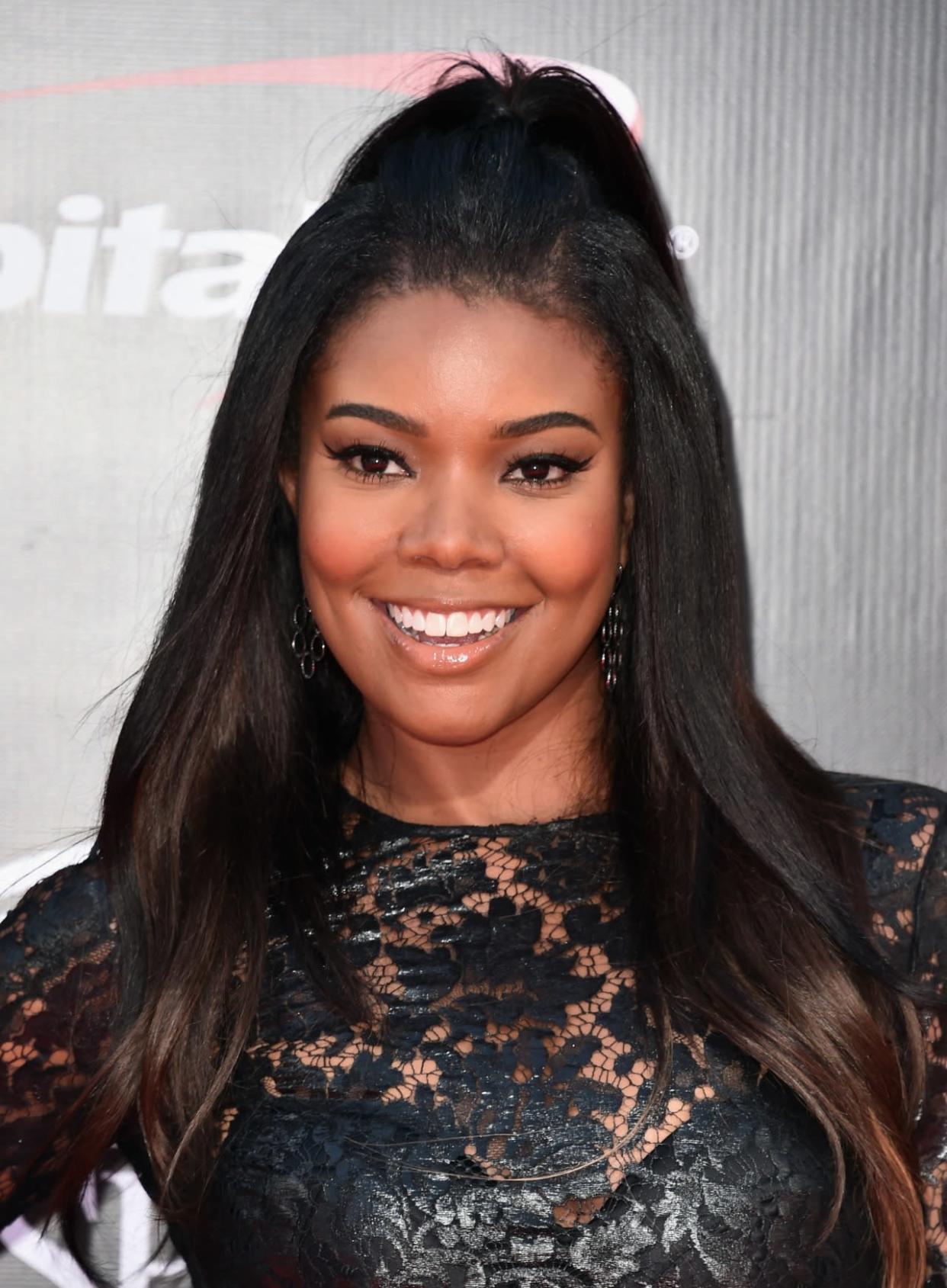'The Birth of a Nation' Actress Gabrielle Union Says Controversy Has Caused 'Stomach-Churning Confusion'

Gabrielle Union in July (Photo: Alberto E. Rodriguez/Getty Images)
By Hilary Lewis, The Hollywood Reporter
Actress Gabrielle Union, who plays a silent woman who was raped in Nate Parker’s The Birth of a Nation, has written an op-ed for the Los Angeles Times, revealing her “stomach-churning confusion” as she learned that Parker was accused and acquitted of rape.
The actress was herself raped at gunpoint at age 19, in the backroom of the Payless shoe store where she was working, leading her to become an advocate for sexual-assault victims. She says this experience, “a stain that is finely etched into [her] own history,” continues to affect her on a core level.
“Rape is a wound that throbs long after it heals,” Union writes. “And for some of us the throbbing gets too loud. Post traumatic stress syndrome is very real and chips away at the soul and sanity of so many of us who have survived sexual violence. ”
She continues: “Since Nate Parker’s story was revealed to me, I have found myself in a state of stomach-churning confusion.”
Indeed, Union says she took the Birth of a Nation role, a nonspeaking part, because she “related to the experience” and wanted to “give a voice” to her silent character.
Related: Academy President on ‘Birth of a Nation’ Backlash: “People Need to See the Movie”
“In her silence, she represents countless black women who have been and continue to be violated,” Union says. “Women without a voice, without power. Women in general. But black women in particular. I knew I could walk out of our movie and speak to the audience about what it feels like to be a survivor.”
In her op-ed Union gives voice to her “confusion,” as well, explaining that she doesn’t know what actually happened between Parker and the woman who claimed he raped her.
“As important and ground-breaking as this film is, I cannot take these allegations lightly,” Union writes. “On that night, 17-odd years ago, did Nate have his date’s consent? It’s very possible he thought he did. Yet by his own admission he did not have verbal affirmation; and even if she never said 'no,’ silence certainly does not equal 'yes.’ Although it’s often difficult to read and understand body language, the fact that some individuals interpret the absence of a 'no’ as a 'yes’ is problematic at least, criminal at worst. That’s why education on this issue is so vital.”
The actress who’s married to Miami Heat star Dwyane Wade, the father of young boys, says she’s recently understood that in addition to many other lessons, she and Wade need to talk to their kids about “boundaries between the sexes. And what it means to not be a danger to someone else.”
Related: Oscar Voters Ponder Nate Parker and 'Birth of a Nation’: “I Would Not Go to the Movie”
“To that end, we are making an effort to teach our sons about affirmative consent,” she says. “We explain that the onus is on them to explicitly ask if their partner consents. And we tell them that a shrug or a smile or a sigh won’t suffice. They have to hear 'yes.’
She continues, "Regardless of what I think may have happened that night 17 years ago, after reading all 700 pages of the trial transcript, I still don’t actually know. Nor does anyone who was not in that room.”
Still, she remains committed to Parker’s film, arguing that it serves as a teaching tool. “I believe that the film is an opportunity to inform and educate so that these situations cease to occur on college campuses, in dorm rooms, in fraternities, in apartments or anywhere else young people get together to socialize,” Union says. Part of the promotional plan Fox Searchlight is undertaking for Birth includes a college tour.
And she hopes that her role will resonate with other women who have been raped but remain silent.
Related: Nate Parker’s Path to Forgiveness — How 'The Birth of a Nation’ Can Survive a Rape Trial Scandal
“I took this part in this film to talk about sexual violence,” she says. “To talk about this stain that lives on in our psyches. I know these conversations are uncomfortable and difficult and painful. But they are necessary. Addressing misogyny, toxic masculinity, and rape culture is necessary. Addressing what should and should not be deemed consent is necessary. Think of all the victims who, like my character, are silent. The girls sitting in their dorm rooms, scared to speak up. The wife who is abused by her husband. The woman attacked in an alley. The child molested. Countless souls broken from trans-violence attacks. It is for you that I am speaking. This is real. We are real. Sexual violence happens more often than anyone can imagine. And if the stories around this film do not prove and emphasize this, then I don’t know what does.”
She adds, “It is my hope that we can use this as an opportunity to look within. To open up the conversation. To reach out to organizations which are working hard to prevent these kinds of crimes. And to support its victims. To donate time or money. To play an active role in creating a ripple that will change the ingrained misogyny that permeates our culture. And to eventually wipe the stain clean.”
Related: Nate Parker’s 'Birth of a Nation’ Faces Uphill Battle Amid Resurfaced Rape Claims
